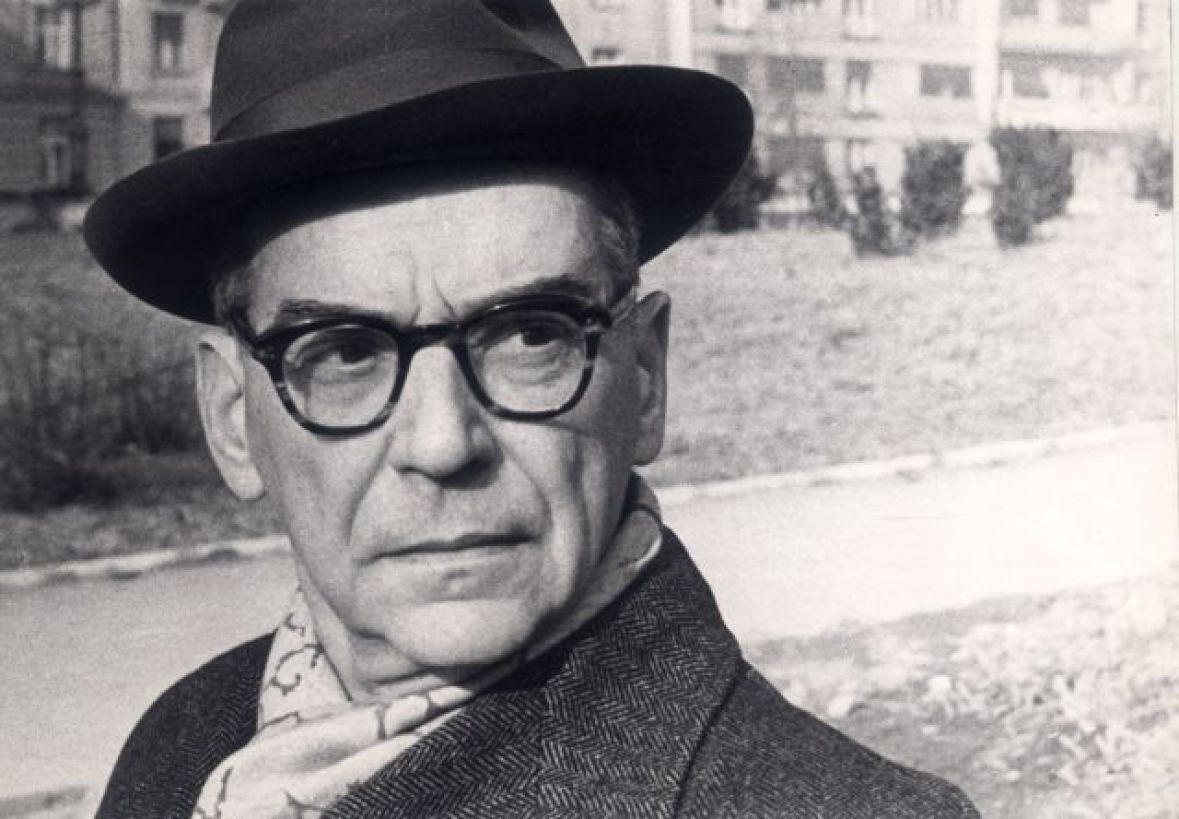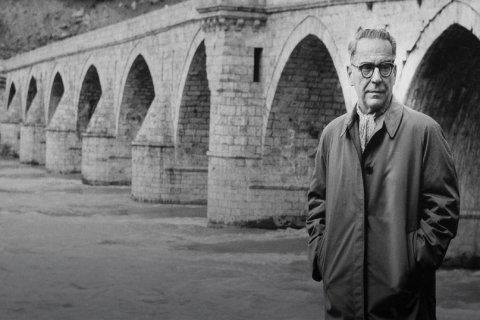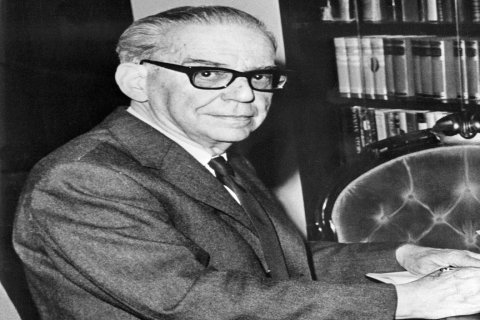Ivo Andrić

Ivo Andrić (9 October 1892 – 13 March 1975) was a Yugoslav novelist and short story writer who won the Nobel Prize in Literature in 1961. He is considered one of the most important writers in Serbian literature and one of the most important writers of the 20th century.
Andrić was born in Travnik, Bosnia and Herzegovina, which was then part of the Austro-Hungarian Empire. He studied philosophy and Slavic philology at the University of Zagreb and the University of Vienna. After graduating, he worked as a teacher and a diplomat. In 1924, he published his first novel, The Bridge on the Drina, which was a critical and commercial success.
Andrić's work is often set in Bosnia and Herzegovina, and it explores the complex history and culture of the region. His novels and short stories are characterized by their lyrical prose, rich symbolism, and deep psychological insights. His work has been translated into many languages and has been the subject of numerous critical studies.
In addition to The Bridge on the Drina, Andrić's other notable works include The Woman from Sarajevo (1945), Bosnian Chronicle (1945), and The Days of the Consuls (1957). He also wrote a number of essays and travelogues.
Andrić was a member of the Serbian Academy of Sciences and Arts and the Yugoslav Academy of Sciences and Arts. He was also a recipient of the Order of the White Eagle, the highest honor in the Kingdom of Yugoslavia.
Andrić died in Belgrade, Serbia, in 1975. He is buried in the Alley of the Greats at the New Cemetery in Belgrade.
Andrić's work has been praised by critics for its beauty, insight, and historical significance. He is considered one of the most important writers of the 20th century, and his work continues to be read and enjoyed by readers around the world.







